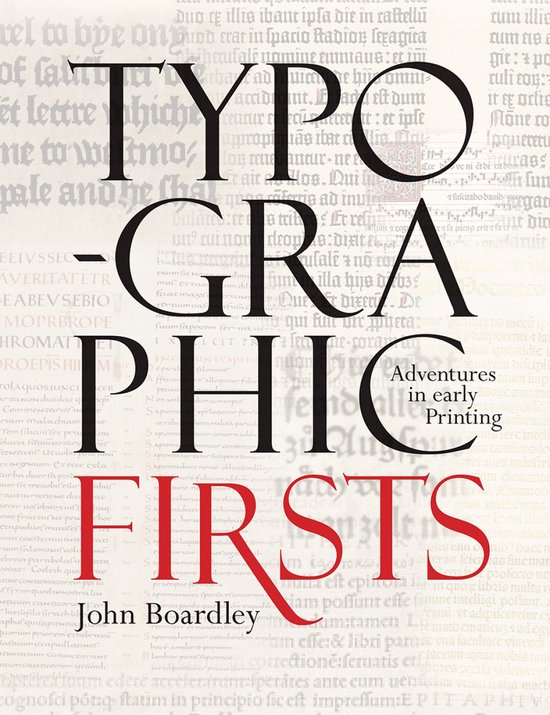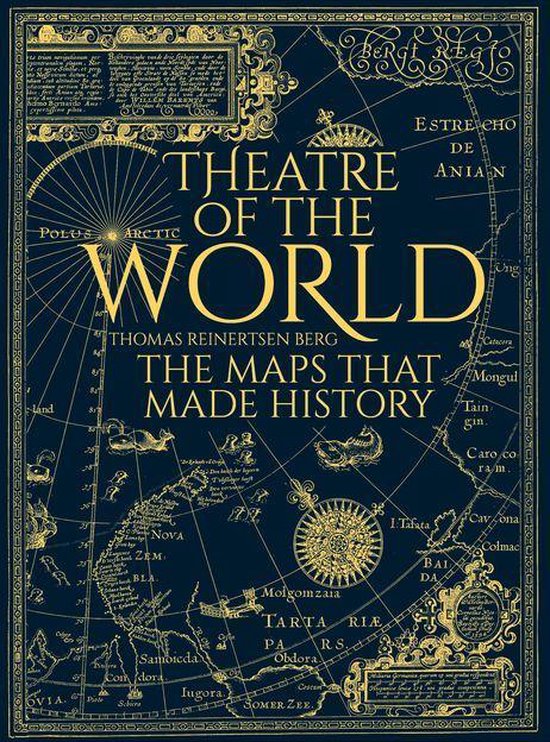
Typographic Firsts
From the practical challenges of polychromatic printing or printing music staves and notes to the techniques for illustrating books with woodcuts, producing books for children and the design of the first fonts, these stories chart the invention of the printed book, the world’s first means of mass communication.
How were the first fonts made? Who invented italics? When did we work out how to print in colour? Many of the standard features of printed books were designed by pioneering typographers and printers in the latter half of the fifteenth century. Although Johannes Gutenberg is credited with printing the first books in Europe with moveable type, at the height of the Renaissance many different European printers and publishers found innovative solutions to replicate the appearance of manuscript books in print and improve on them. The illustrated examples in Typographic Firsts originate in those early decades, bringing into focus the influences and innovations that shaped the printed book and established a Western typographic canon. From the practical challenges of polychromatic printing or printing music staves and notes to the techniques for illustrating books with woodcuts, producing books for children and the design of the first fonts, these stories chart the invention of the printed book, the world’s first means of mass communication. Also covering title pages, maps, printing in gold and printing in colour, this book shows how a mixture of happenstance and brilliant technological innovation came together to form the typographic and design conventions of the book.
How were the first fonts made? Who invented italics? When did we work out how to print in colour? Many of the standard features of printed books were designed by pioneering typographers and printers in the latter half of the fifteenth century. Although Johannes Gutenberg is credited with printing the first books in Europe with moveable type, at the height of the Renaissance many different European printers and publishers found innovative solutions to replicate the appearance of manuscript books in print and improve on them. The illustrated examples in Typographic Firsts originate in those early decades, bringing into focus the influences and innovations that shaped the printed book and established a Western typographic canon. From the practical challenges of polychromatic printing or printing music staves and notes to the techniques for illustrating books with woodcuts, producing books for children and the design of the first fonts, these stories chart the invention of the printed book, the world’s first means of mass communication. Also covering title pages, maps, printing in gold and printing in colour, this book shows how a mixture of happenstance and brilliant technological innovation came together to form the typographic and design conventions of the book.
| Auteur | | John Boardley |
| Taal | | Engels |
| Type | | Hardcover |
| Categorie | | Kunst & Fotografie |





